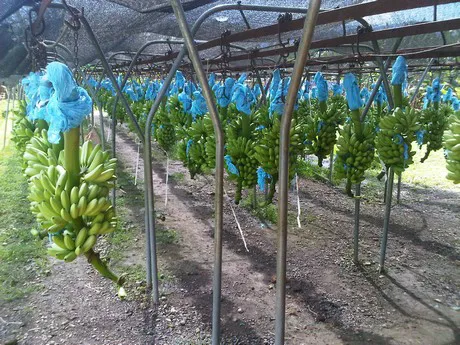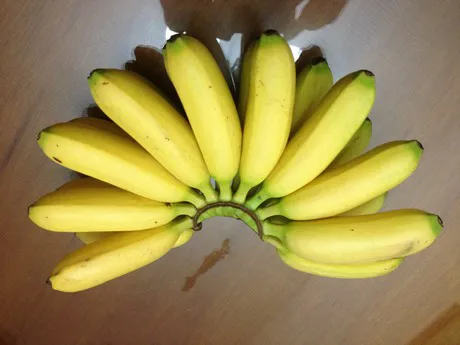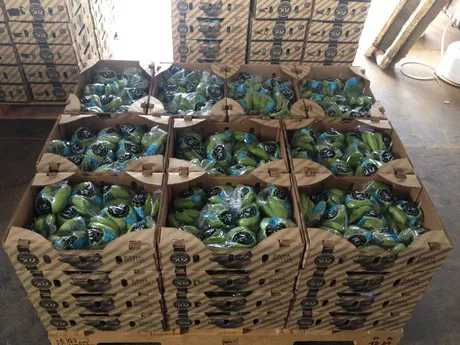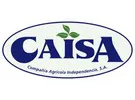Baby bananas are considered an exotic product in the European and US markets, and in recent years, the demand for this niche product has increased slightly. "Baby bananas are an excellent product. They have the same nutritional properties as traditional bananas, but they taste much better, so their potential is huge, especially for children. They are a healthy snack to take away. We are very excited about producing baby bananas," explains Víctor Morales, general manager of Caisa, a company in Guatemala.

The company, founded in 2006, produces baby bananas in Guatemala and exports mainly to US multinationals, but has recently started to export also to Europe, especially to France, where the product is little known and there is enough interest, although it is still considered exotic, so it is not as mass marketed as traditional bananas. The exporter said that Europe tends to import baby bananas from Ecuador or Colombia, so Guatemala is a new source for this particular product.
Morales explains that, in recent years, he has seen a growth, albeit small, since it is a niche market and there are not many people who are familiar with the product or have worked with it. This is also the case in the United States, although it has a stable market. "I believe baby bananas are better known in Europe than in the US," states Morales.

Prices are fairly stable from year to year, and higher than those of conventional bananas, as it is considered an exotic fruit. The company cultivates baby bananas all year round, but during the first half of the year, production is usually lower due to the weather conditions and the nature of the fruit. Moreover, Caisa and another company are the only ones growing baby bananas in Guatemala, so they face competition mainly from other countries, such as Ecuador or Colombia.
The company owns 129 hectares of plantations. Depending on the weather conditions, which, according to the producer, have been highly variable in recent years, exports for the European market oscillate between 500,000 and 525,000 3 kilo boxes per year.
Compared with traditional bananas, the producer acknowledges that growing baby bananas has advantages and disadvantages. He affirms that it is not necessary to apply chemicals as often, and that fruits develop faster than the regular Cavendish. However, given that the trees are much higher, they are also thinner and susceptible to the wind.

Caisa cultivates baby bananas since 2006. "One of the big companies offered us the opportunity to plant baby bananas, because at that time there were good prospects for this variety," says Morales. In 2014, the company first attended Fruit Logistica. The following year, it took part again and presented its product to the European market; an effort that paid off last year, when the company started exporting to Europe. In the future, Morales hopes to do more business in the EU, as he has met some potential customers at the London Produce Show.
Its production is certified by Rainforest Alliance and GlobalGAP, "and we are working very hard to produce for the European market, in which we'll hopefully continue to grow gradually year after year," he concludes.
 More information:
More information:
Víctor M. Morales, General Manager
Caisa
Guatemala City, Guatemala
T: +502 22614341
E: vmorales@caisa.com.gt
www.caisa.com.gt



 More information:
More information: 



 More information:
More information: